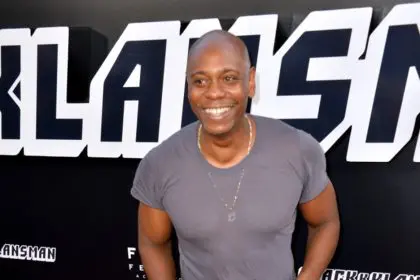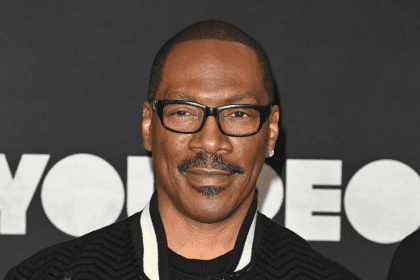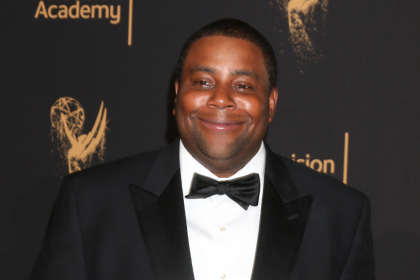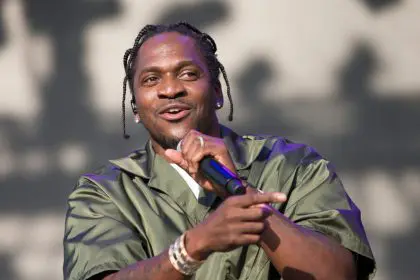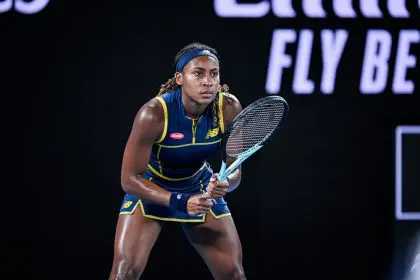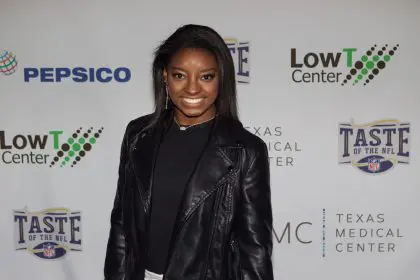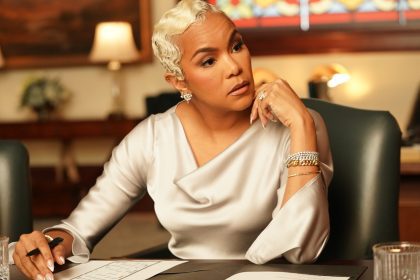In comedy, the voice matters and makes all the difference between a funny truism and a mocking stereotype.
The controversy surrounding “Saturday Night Live” writer Leslie Jones and a bit during this week’s “Weekend Update” segment has brought the conflicted position of black comedy into sharp relief. Jones appeared during “Weekend Update” and, while discussing the beauty of Oscar-winning actress Lupita Nyong’o, pointed out that Jones herself may not be as desirable as the starlet, but during the era of slavery Jones would’ve been “the #1 slave draft pick” due to her thick build and other attributes that would make it easy for her to breed.
In the wake of the uncomfortable and uneasy sketch appearance, both Jones and “SNL” have come under fire for what many have called disrespectful to the harsh realities of slavery and the history of pain that black women suffered under that cruel institution.
This was bound to happen.
When it was announced in late 2013 that “Saturday Night Live” would be adding a new black female cast member (the first since Maya Rudolph’s departure in 2007) and black writers to its staff, most fans of the show were happy to hear the news. And it was a necessary move — much of American popular culture is fairly black these days, so a show that spends so much energy skewering pop stars, politicians and pundits would need to have writers and cast members that could riff on Rihanna, the Obamas or Neil Degrasse Tyson effectively. They can’t all be played by Kenan Thompson.
But it should’ve been fairly predictable that there would be moments of controversy. Black comedy is controversial. Sketch shows from “In Living Color” to Dave Chappelle’s “Chappelle Show” became popular because they were willing to push taboo buttons. But there is a fine line with satire — a line that gets blurry, but ultimately determines whether or not the audience laughs or cringes. And Leslie Jones is learning that fact now, with the criticism that has followed her “slave draft” routine.
The controversy brings to light a long-standing problem that can’t be addressed simply by adding black cast members or writers to a popular sketch comedy show. Black comedy —particularly edgy black comedy —has never been a comfortable fit on white platforms.
Richard Pryor is an icon of stand-up comedy. His “Richard Pryor Show” debuted in 1977 and only lasted four episodes — at the height of his popularity. The production was troubled from the beginning, mostly due to Pryor’s battles with the network over creative control. He was soured by the experience and never returned to television. As the 1980s ended, Keenan Ivory Wayans gave the FOX Network one of it’s first major hits with his “In Living Color” sketch show. After three seasons of strong ratings, however, Wayans and FOX came into conflict — once again due to differences regarding material —and Wayans walked away from his own creation in 1993. “In Living Color” continued one more season without Wayans or any of his famous siblings’ involvement.
In 2003, Comedy Central launched “Chappelle’s Show,” a sketch comedy series that was the brainchild of superstar stand-up Dave Chappelle. After only two seasons, Chappelle made headlines by walking away from a reported $50 million contract and refusing to return to the show. He spoke to talk show host Oprah Winfrey about his controversial exit from the show that made him a star and explained that he felt conflicted about the material he was presenting on-screen and was tired of pressure from network executives. Popular cartoon series “The Boondocks” has returned for a fourth and final season without its creator, Aaron McGruder. The reason for McGruder leaving the show seems to be less bitter than the other creators mentioned; Adult Swim reported that “a mutually agreeable production schedule could not be determined.”
All of these shows were centered on black comedy in a black voice–and that voice was edgy, subversive and biting. None of them lasted more than a few seasons before they imploded. Meanwhile, Comedy Central’s “South Park” has been a hit for over 15 years, “Family Guy” continues to make Seth McFarlane rich and, for good measure, “Saturday Night Live” is heading into it’s 40th season.
So that’s one issue–the censorship fight that black comedic actors and writers face on white platforms–but there’s the other side of this issue, as well. When black comedy is filtered through a white voice, who are we really expecting to laugh? And why will they think it’s funny?
There are moments from all of the aforementioned black-centered television shows that would probably raise an eyebrow if they aired as sketches on “Saturday Night Live.” David Alan Grier and Kim Wayans regularly played two Jheri-curled and gold-toothed lounge singers on “In Living Color,” and “Chappelle’s Show” once featured a sketch that mocked segregated bathrooms during the Jim Crow era with an extended and tasteless joke about diarrhea. Would fans of “Chappelle’s Show” have thought his infamous “Niggar Family” sketch so humorous had it aired on “SNL?” It doesn’t seem likely that Uncle Ruckus, the famously cantankerous and self-hating elderly black man from “The Boondocks,” would be all that funny to a lot of black fans if he was an “SNL” character as opposed to a cartoon character on a show created to spoof aspects of the black experience. The voice matters.
Presenting edgy black humor on a white show raises questions about the authenticity of the voice and to whom the joke is intended. And, to be specific, “Saturday Night Live” itself has a poor history with black comedy. Eddie Murphy’s star turn notwithstanding, “SNL” famously fired Damon Wayans — who would go on to become a star on “In Living Color,” relegated Danitra Vance and Ellen Cleghorne to the background during their respective tenures on the show, wasted Chris Rock (who would go on to become arguably the most famous stand-up comedian of the last 15 years) and passed over Chappelle when he auditioned.
The controversy surrounding an offensive sketch and writer Leslie Jones will likely pass. And again, edgy sketch comedy invites controversy. But African Americans have to remain vigilant in regards to black comedy on white platforms. The fine line is too easily crossed and when the people ultimately making creative decisions don’t look like you, there is too much that can be “lost in translation.” We can’t just be happy with having black folks at the table. There’s a difference between laughing with us and laughing at us.
The voice matters.


